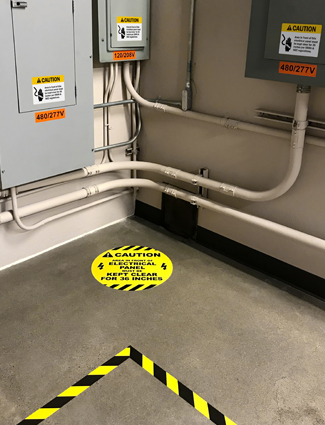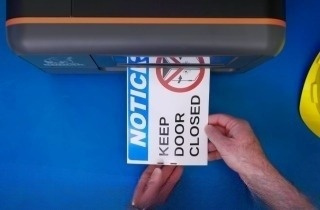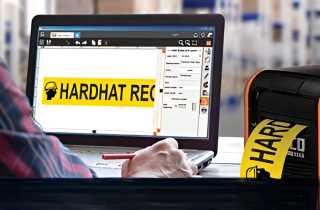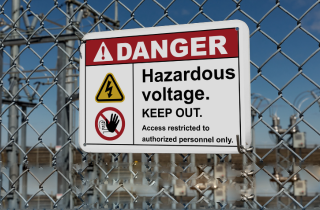Installing Electrical Safety from the Start

Poor planning and execution of even the simplest electrical installations can be costly. After an explosion and fire at a silicon plant in Illinois, the company paid nearly $2 million in fines. The Occupational Safety and Health Administration citations were for failing to ensure electrical equipment and installations were in compliance and sufficient. Industrial electrical installations are complex, and while seemingly thorough, workplaces often take their initial safety for granted.
Ensuring Compliance
Electrical hazards remain one of the tops that maintenance professionals must deal with daily. In the 2018 edition of NFPA 70E, which is the NFPA's standard on electrical safety in the workplace, 110.1 (B) ensures that all new or modified electrical installations are inspected to ensure they comply with applicable installation codes.
"A lot of maintenance professionals are probably rolling their eyes at this point, for the idea that someone is going to be checking their work to ensure it is safe is insulting to them. However, this is a very flawed mindset," said Jesse Duvuvei, an electrical inspector at Middle Department Inspection Agency. "It is surprisingly common. Some people take it as an insult that somebody will be checking their work."
He said that if there is no code compliance inspection at installation, an electrical system is not safe. That is why it is important to help workers see how they do their job in a new and safe way.
"Nothing is demeaning about someone checking your work for code compliance, construction electricians have this done daily," Duvuvei said. "The general industry is finally catching up to these standards. For if the installation is out of code compliance to begin with, the installation was never safe and the electrical hazard to workers will only grow."
Improve Safety
 Workplaces can ensure safety at installation by having a thorough electrical safety plan in place as well as documentation. The program should include regular training and informative signs and labels to reinforce protocol, efficient clearance requirements, and more. This helps abate the primary hazards for arc flash and electric shock. They also help prevent electrical fires and other emergencies. Here are several ways to support safe electrical installation practices:
Workplaces can ensure safety at installation by having a thorough electrical safety plan in place as well as documentation. The program should include regular training and informative signs and labels to reinforce protocol, efficient clearance requirements, and more. This helps abate the primary hazards for arc flash and electric shock. They also help prevent electrical fires and other emergencies. Here are several ways to support safe electrical installation practices:
- Guarding: Do not conduct energized work and prove zero energy before any work. Use a lockout tagout program. Employ arc flash and limited-approach boundaries.
- Arc Flash Assessment: Make sure to label all points in the system appropriately. Label items such as disconnect switches, switchboards, panel boards, meter sockets, lines, and circuit breakers to indicate their use or equipment they serve. Use the hierarchy of controls to assess and understand risk.
- Personal Protective Equipment: From ear plugs to leather boots, use the correct PPE and tools necessary for the type of work and to protect against specific risks. Ensure PPE is clean and organized.
Safety in and around electric installations is the responsibility of all workers in the workplace. Communicating those roles and responsibilities is important for practical application and smooth operations. The last thing any workplace wants is a fire or worker injury. Make electrical safety training, competency, evaluation, and auditing routine. When communicating information for electrical equipment, make sure it is specific enough. Use pertinent information on signs and labels to help keep workers safe. For example, post overhead, machinery, and other warnings using signs, barcodes and labels on assets, switches, and cables, and floor marking for safe boundaries around control panels.
Learn the legal requirements and expert recommendations for creating effective arc flash warning labels. Download our free Arc Flash Labeling guide.
Related Resources

Safe Distancing for Electrical Work
In a recent Facebook poll, electrical workers said that work area and arc flash boundaries were among their ...
Read
Arc Flash Boundary
NFPA 70E is the major industrial standard for safe electrical work in the United States. It defines three ...
Read
Halt Arc Flash Incidents - Improve Communication Using a Label Printer
Arc flashes are a dangerous electrical phenomenon that can occur in intense voltage areas and are more common ...
Read.png)





